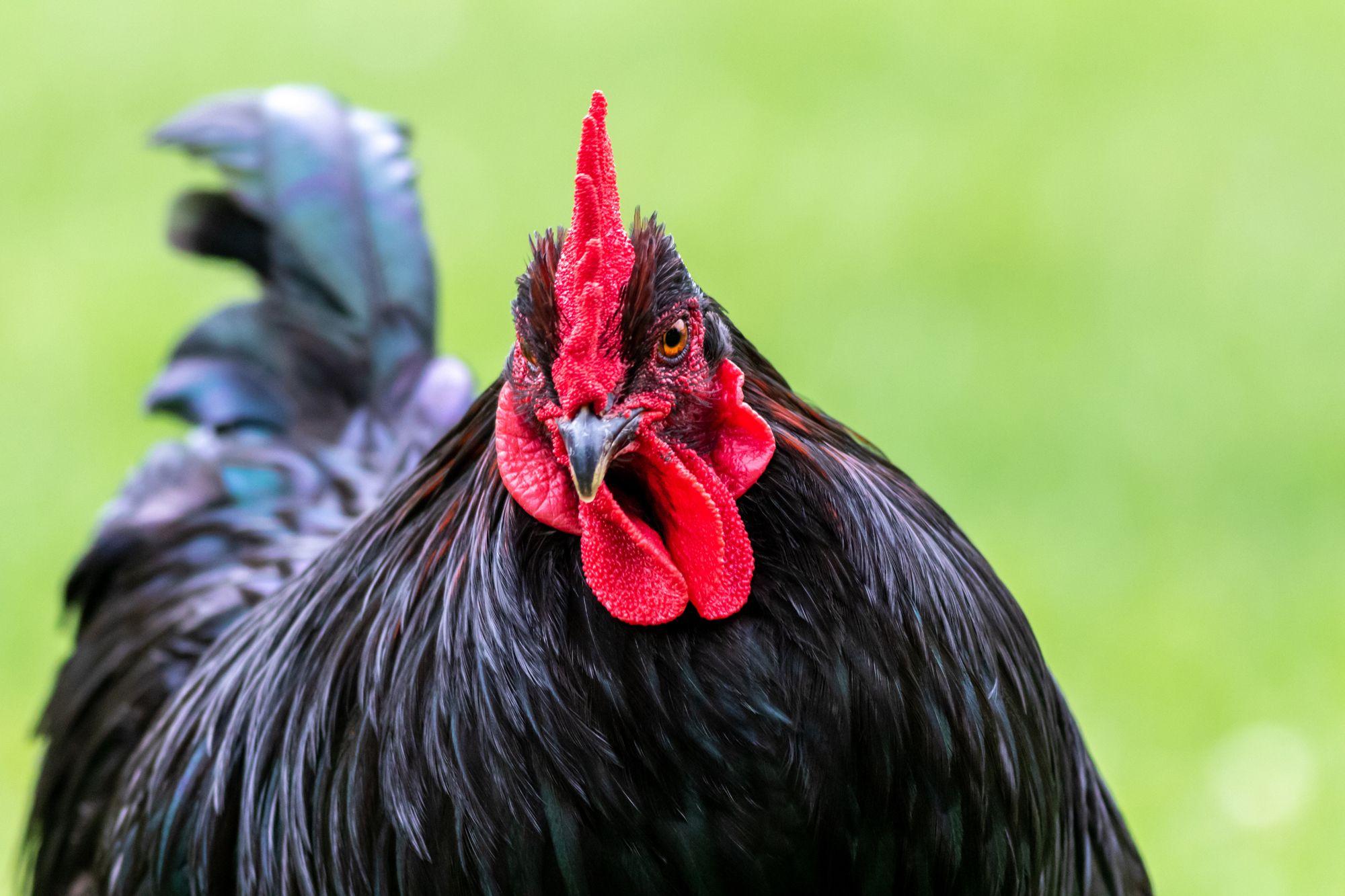Cool Chickens = Happy Chickens


How to keep your flock comfortable
Summer upon us, and that means that hot temperatures and humidity—neither of which are good for backyard chickens. As a chicken owner, you will need to do a little extra to keep them cool and comfortable through the hottest part of summer.
Thermoneutral zone
One thing you should be aware of as a chicken owner is the thermoneutral zone (TNZ)—the ambient temperature where animals are just right. The TNZ varies by age. When a chicken is not in their TNZ, it has to alter its basic metabolic rate or behavior to maintain its ideal body temperature. Prolonged deviations from a chicken’s TNZ will result in reduced hatchability, eggshell quality, egg production, feed conversion, growth rates, and eventually, death. Heat stress can also decrease chickens’ feed utilization and weaken birds’ immunity.
Pay attention
What does heat stress look like as you are observing your flock? Chickens that are too hot will pant and spread their wings to release body heat. Panting releases water into the air, which can eventually result in dehydration and pH imbalance.
A good rule of thumb is that when temperatures rise between 75 to 80 degrees Fahrenheit, it is time to begin cooling off your chickens. If temperatures are closer to 100 degrees Fahrenheit or beyond, it can be dangerous.
Body heat
Chickens lose body heat through radiation, conduction, convection and evaporation. When the temperature is comfortable for chickens, they lose heat through the first three methods from their comb, wattles, and other areas not covered by feathers. Once temperatures begin rising, heat loss becomes evaporative. Birds cannot sweat, so they pant to cool themselves through evaporation. Panting for a long time can lead to an electrolyte imbalance.
Related Article: Summer Nutritional Requirements
Mitigating heat stress
An obvious way to keep your chickens cool in the summer is to make sure they have clean, cool water available at all times. Warmer water will be less effective for cooling chickens and will cause fungi, mold, bacteria, and other microbes to grow in water. You can also add electrolyte solutions to drinking water. Feed chickens during the early morning or evening, the coolest parts of the day.
Cooling the coop
Keeping the coop cool is an excellent way to make sure your flock stays comfortable during hot weather. A shiny coop roof reflects sunlight and heat, lowering the coop temperature by several degrees, while a dull or dusty roof will not reflect as much sunlight and heat.
Clean out litter regularly, as built up litter that has started to decay produces heat. Removing litter also lowers moisture in the coop, reducing relative humidity. Make sure your coop has grass around it and not bare dirt as grass absorbs heat, while dirt reflects heat.
Keep the air moving
The best way to lower heat in the coop is through proper ventilation. When chickens breathe and excrete waste and as water evaporates from drinkers, it causes the relative humidity to go up, making temperatures feel even hotter than they really are. Air flow removes hot air and humidity. If you cannot get sufficient natural airflow, you can install fans in your coop.
Taking care of your backyard chickens during the summer is a big job, but it is worth it to see your flock happily enjoying the sunshine and not feeling the ill effects of high temperatures.
For more information on raising backyard chickens, subscribe to Chicken Whisperer Magazine.
Tags:Hot Topics

Chicken Whisperer is part of the Catalyst Communications Network publication family.












